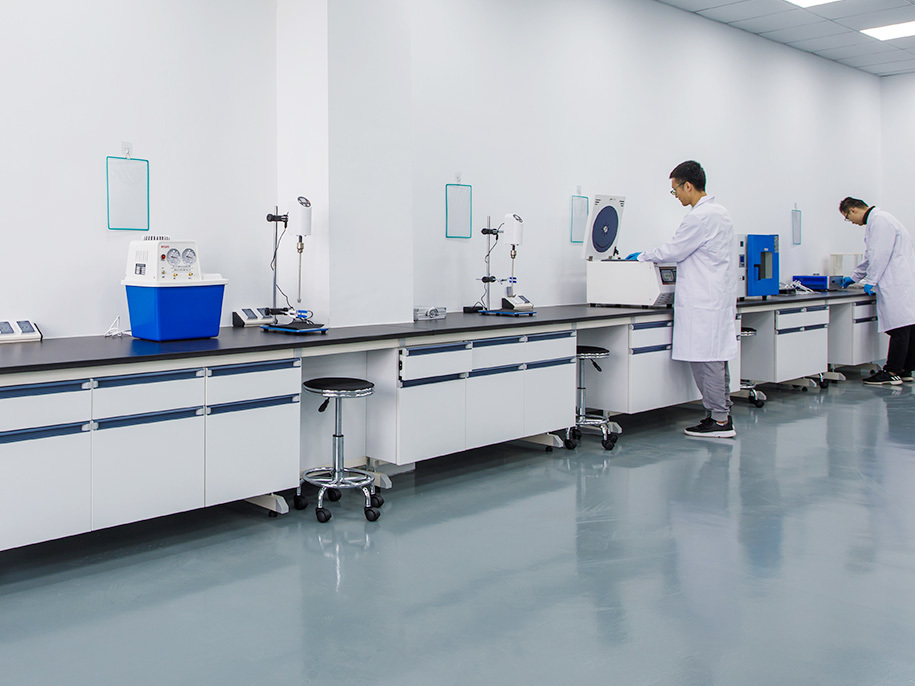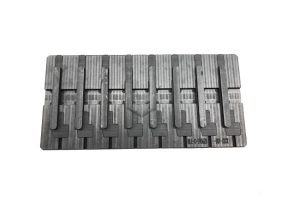Introduction
Graphite is a critical material used in the production of precision molds due to its exceptional properties such as high thermal resistance, excellent electrical conductivity, and superior mechanical strength. These characteristics make it ideal for various applications in industries like metallurgy, electronics, and chemical processing.
Types of Graphite Molds
1. Diffusion Welding Graphite Molds
Diffusion welding graphite molds are used in high-precision welding processes. These molds ensure uniform heat distribution, resulting in strong and consistent welds.
2. Precision Graphite Molds
Precision graphite molds are essential in manufacturing components that require high accuracy and fine details. These molds are used in industries like aerospace, automotive, and electronics where precision is paramount.
3. Glass Sintering Molds
Graphite molds are widely used in the sintering process for glass manufacturing. Their high thermal conductivity and stability at elevated temperatures make them perfect for shaping and forming glass components.
4. Sintering Molds
Sintering molds made of graphite are used in powder metallurgy and ceramics. They facilitate the shaping and solidification of powders under high temperatures and pressures.
5. Graphite Leaking Plates
Graphite leaking plates are used in various industrial applications where controlled leakage and distribution of materials are required. These plates ensure precise and consistent flow, critical for manufacturing processes.
6. Exothermic Welding Graphite Molds
Exothermic welding graphite molds are utilized in welding processes where high temperatures are generated through chemical reactions. These molds withstand extreme temperatures and ensure the integrity of the weld.
Advantages of Using Graphite in Precision Molds
High Thermal Stability
Graphite can withstand extremely high temperatures without degrading, making it suitable for applications involving intense heat.
Excellent Electrical Conductivity
Graphite’s ability to conduct electricity efficiently makes it valuable in processes where electrical conductivity is essential.
Superior Mechanical Strength
Graphite’s mechanical strength ensures durability and reliability in demanding applications, reducing the frequency of mold replacements.
Corrosion Resistance
Graphite’s resistance to chemical corrosion allows it to be used in environments where other materials would degrade, ensuring longevity and consistent performance.
High Purity
The high purity of graphite minimizes the risk of contamination in sensitive manufacturing processes, ensuring the quality of the final products.
Applications of Graphite Precision Molds
Aerospace Industry
In the aerospace industry, precision graphite molds are used to manufacture high-performance components that require exacting specifications and high reliability.
Automotive Industry
The automotive industry relies on graphite molds for producing parts with intricate designs and superior strength, contributing to vehicle safety and efficiency.
Electronics Industry
Graphite molds are essential in the electronics industry for creating components that require high precision and excellent thermal and electrical conductivity.
Chemical Processing
Graphite’s resistance to corrosion and high temperatures makes it ideal for molds used in chemical processing applications, ensuring consistent performance and longevity.
Conclusion
Graphite’s unique properties make it an indispensable material for precision molds across various industries. Its high thermal stability, excellent conductivity, mechanical strength, and corrosion resistance provide unmatched performance and reliability. As technology advances, the demand for high-quality graphite precision molds is expected to grow, driving innovation and efficiency in manufacturing processes.


